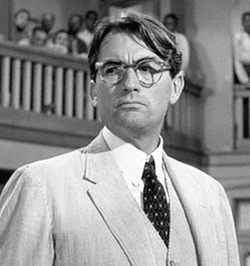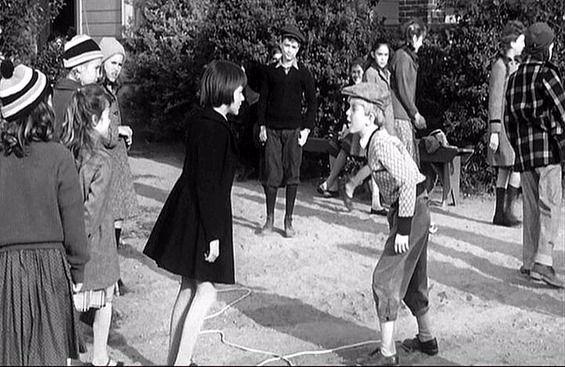This story is narrated by a girl named Jean Louise Finch who is often called as Scout.

She then starts talking about the past, about how Jem, her brother, got a broken arm, and about her ancestors. She then talks about her father, Atticus Finch, who is a lawyer.

She also talks about Jack Finch, Atticus’ brother, who is in the medical field in Boston. Finally, she talks about Alexandria Finch, Atticus’ sister, who is running the Finch’s Landing. Atticus was a successful lawyer, making a solid living. Atticus lives with Jem, Scout, and Calpurnia, their cook, who helps keep the house in check. Scout and Jem’s mother died when Scout was two, so she doesn’t really remember her mother, butJem remembers her clearly. In the summer of 1933, Jem is 10 and Scout is 6. That summer, they meet a boy named Dill.

One day, Dill comes with the idea to lure out Boo Radley, a man, who in rumors, stabbed his father with a scissor. Eventually, Dill dares Jem to touch Boo Radley’s house.

Jem agrees and touches Boo Radley’s House. There is no movement, but Scout thinks that she saw a shutter move slightly, like someone was peeking out.
Tyler











